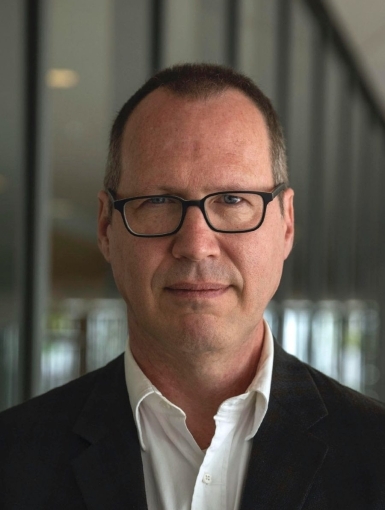Social simulation, frequently realized through agent-based modeling (ABM), enables exploration of social systems "in silico," offering a way to examine complex interactions that would be impractical or unethical to replicate with real individuals. However, traditional ABMs are often highly abstract, relying on simplified heuristics and mathematical representations of social science theories. This talk presents a novel approach to social simulation that combines an ABM with a large language model (LLM) to simulate interactions within a hypothetical high school classroom. The model, still in an exploratory phase, integrates detailed psychological profiles to guide agent behavior, enabling behaviorally plausible simulations of students, including some at risk of radicalization. The core hypothesis is that, when effectively prompted, LLMs can function as "culturo-linguistic holograms," capable of generating a range of nuanced, socially plausible interactions that reflect diverse backgrounds and personalities. By pairing the structured framework of ABMs with the LLM's generative capabilities, this model provides a safe and reproducible platform for examining complex social dynamics and emergent behaviors. This approach might or might not amplify preexisting biases and stereotypes, but it also holds promise for advancing our understanding of group behavior, social influence, and individual trajectories in contexts where ideological or behavioral extremism may arise.
Speaker Bio
Tim Gulden is a senior policy researcher at the RAND Corporation. His research focuses on modeling complex systems in the context of data as well as more general policy analysis including cost/benefit analysis, organizational design, cybersecurity policy and artificial intelligence. He is the past president of the Computational Social Science Society of the Americas (CSSSA) and remains on the CSSSA board. Before coming to RAND, he was a research professor with the Department of Computational Social Science at George Mason University. His PhD is from the University of Maryland School of Public Policy where he explored agent-based modeling as a tool for policy analysis. He has held research positions at the MITRE Corporation, the Center for International and Security Studies at Maryland (CISSM), and the Brookings Institution's Center on Social and Economic Dynamics (CSED). He attended the Santa Fe Institute's Complex Systems Summer School in 2002. During the 1990’s he was the technical director of the GIS program for Westchester County, New York.

